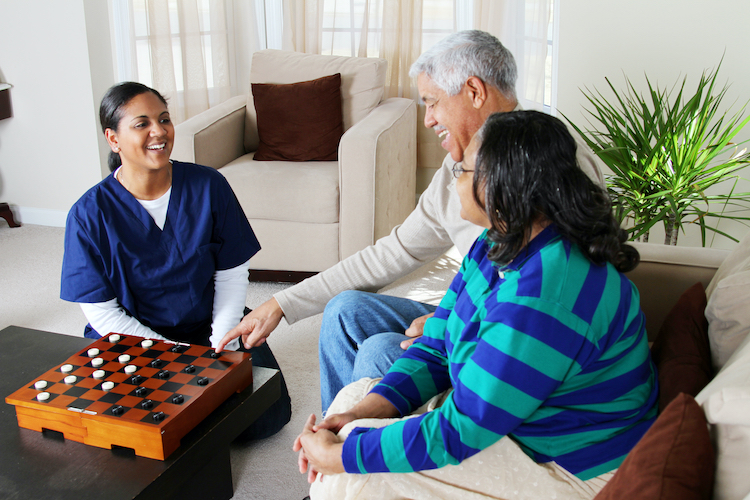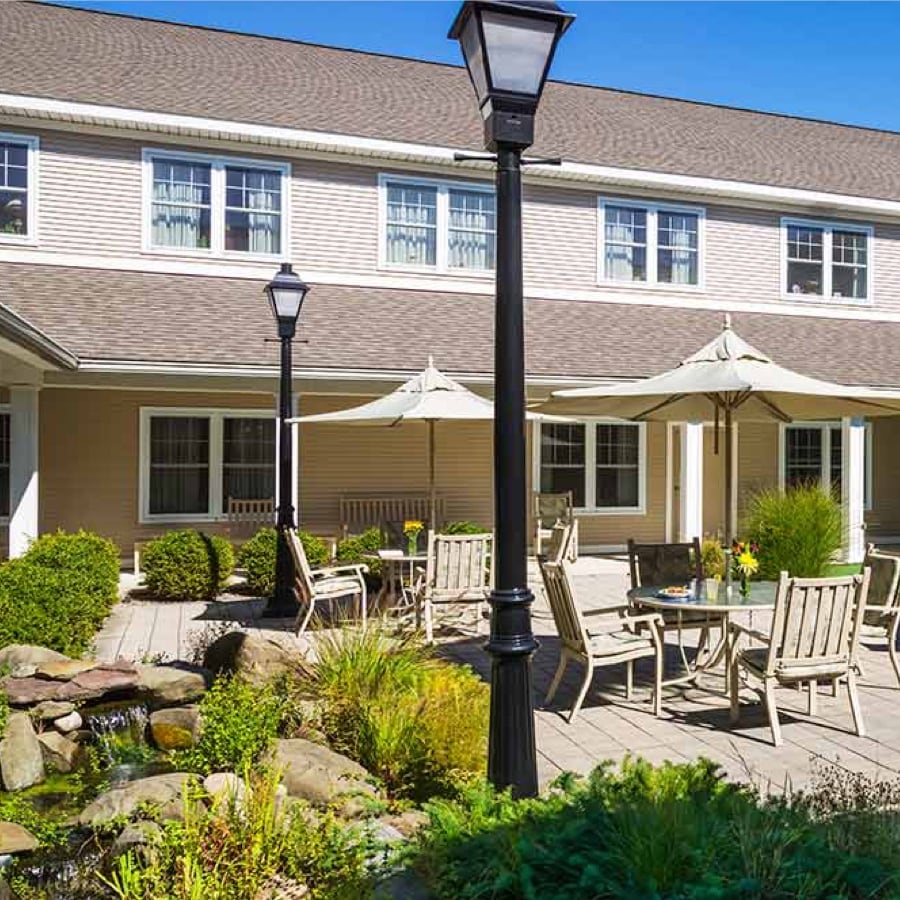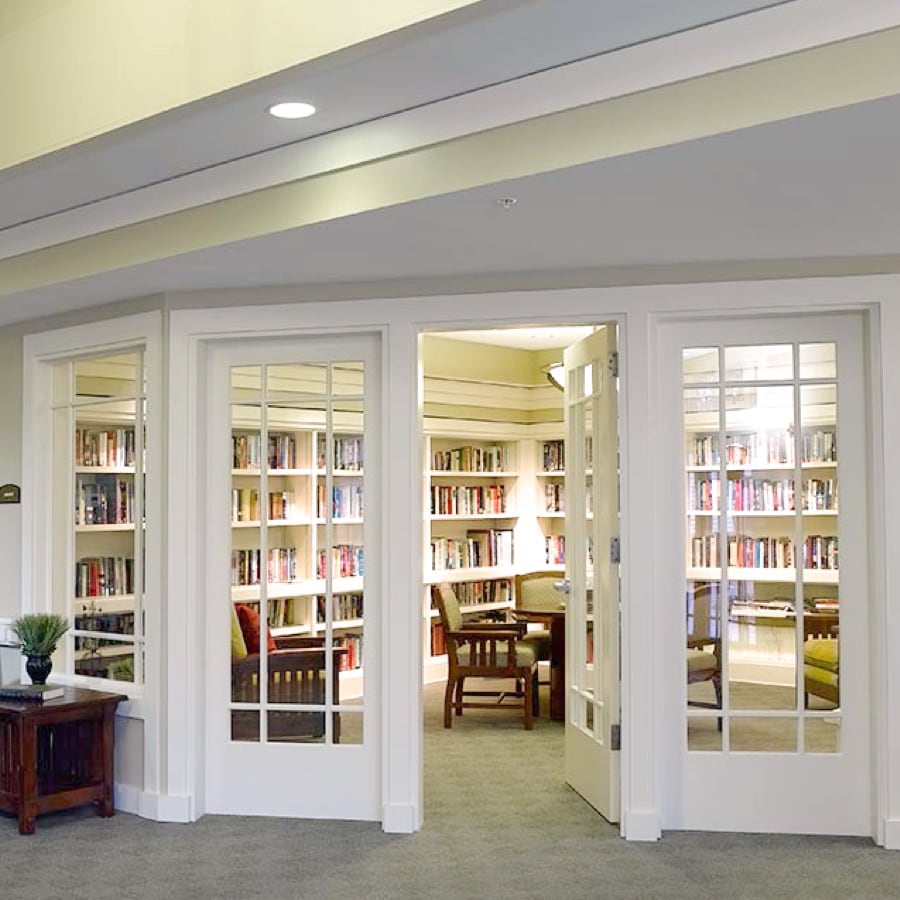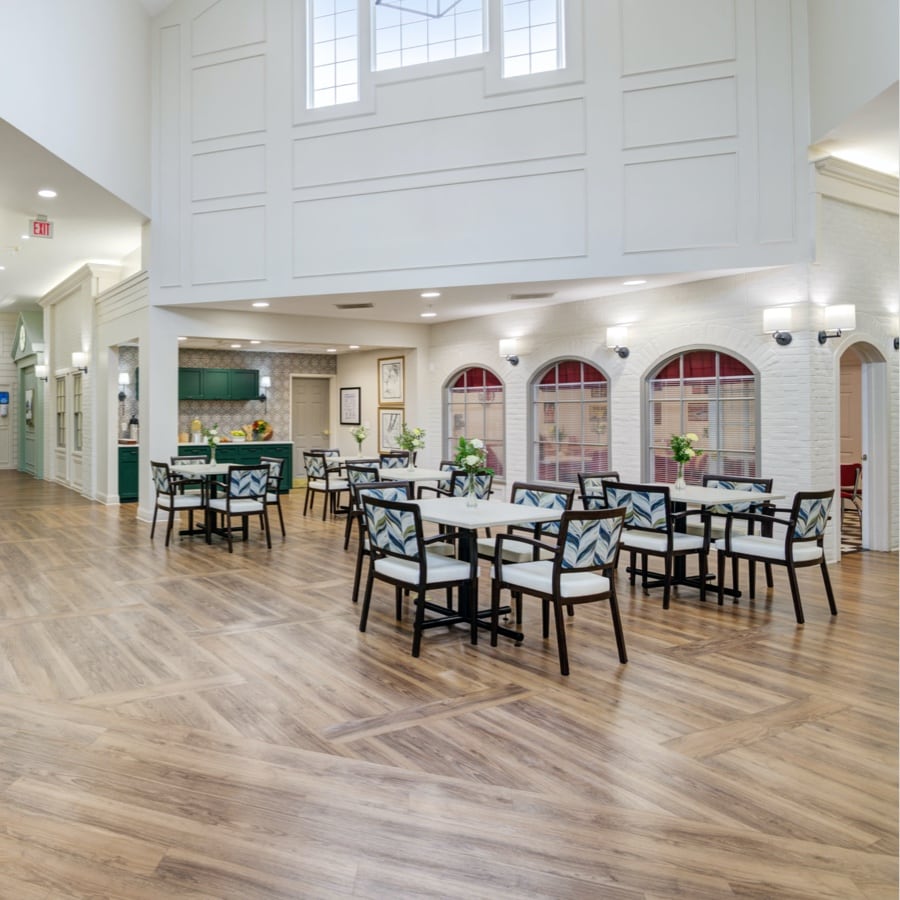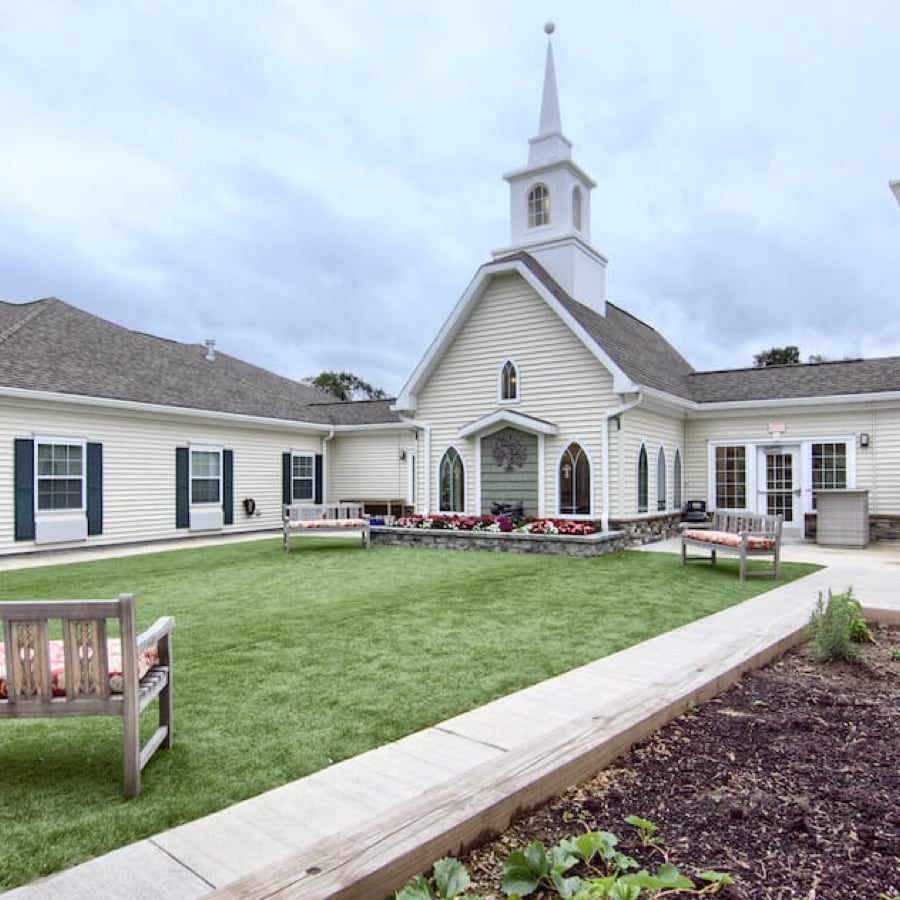You have probably heard the term “home healthcare” in conversations time and time again. Though you might not have given it much thought then, you might now be starting to wonder what kinds of health care options are available for your loved one. Home care is a unique type of care that includes any kind of professional support services that allow a person to live safely in their home. Home care services can help your loved one that needs assistance live a more independent lifestyle.
It’s important to understand the different signs you should be on the lookout for that indicate it might be time to consider home care services for your loved one. While it can be difficult to accept, home care may actually be the most beneficial option for your loved one and help them to live a fulfilling, active lifestyle.
5 Signs It Might Be Time to Consider At-Home Care
There are some early signs that you should be on the lookout for that indicate it might be time for your loved one to consider at-home care:
- Accidents or Falls – If your loved one is having more accidents than usual, whether tripping and falling, or cutting themselves while preparing dinner, it could mean there is an issue with mobility. In-home senior care can help address common hazards within the home and rectify them in an effort to minimize future incidents.
- Change in Eating Habits – A change in appetite is common as individuals age, but if you start to notice a complete loss of appetite, weight loss or weight gain, there could be other underlying health conditions to blame. In-home senior care can help your loved one to maintain healthy eating habits and help diagnose any other conditions, such as depression, that could be to blame for the shift in eating.
- Issues with Personal Hygiene – If you start to notice your loved one is having trouble remembering to bathe, brush their teeth or wear clean clothes, it could be a sign of a larger issue. Depression and Alzheimer’s disease are common reasons for a noticeable change in personal hygiene. At-home senior care can help individuals maintain personal hygiene as well as help identify if there are other issues going on.
- Clutter and Unopened Mail – Maintaining a home can become challenging for aging loved ones. Forgetting to pay bills on time, clutter building up around the house or leaving things unattended are all signs that your loved one might need more help than you can provide. At-home senior healthcare services are designed to help identify these issues and alert loved ones that something might be off.
- Medications – Taking the proper dosage of medications is vital for aging loved ones. If you start to notice your loved one is neglecting their medication or taking things they aren’t supposed to, it might be helpful to enlist at-home senior care services to track your loved one’s medications and ensure they are following all doctor orders.
What to Look for in At-Home Senior Care Options
Two important aspects you should consider when looking at your options for at-home senior care are:
- Open lines of communications with you and other key family members.
- Support with personal care and hygiene for your loved one, as well as assistance with household duties.
These aspects are incredibly important to the experience both you and your loved one will have when they begin receiving at-home care. The role of serving as the sole caregiver can quickly become overwhelming as your loved one ages, and finding the support of someone you can trust, and that will provide additional companionship, might be the best option for your loved one to get the adequate amount of care they need.
Find Ongoing Caregiver Support at Peregrine Senior Living
At Peregrine Senior Living, we are at the forefront of everything we do. With unsurpassed assisted living and memory support communities, we offer peace of mind at a time when families need it most. We encourage you to learn more about our senior living community options and to learn if we might be a good fit for your aging loved ones. Contact us to schedule a tour.

